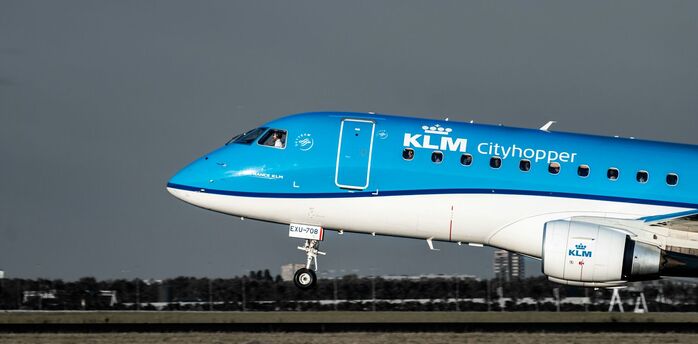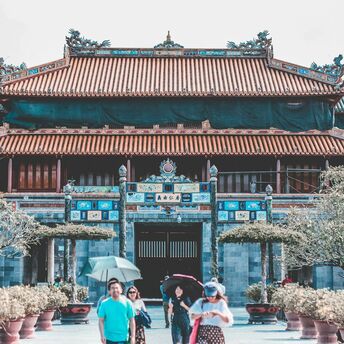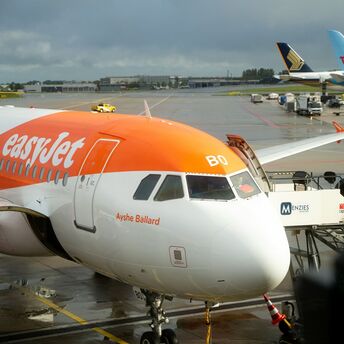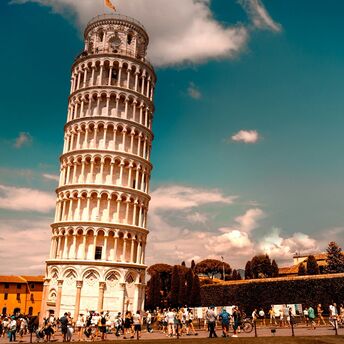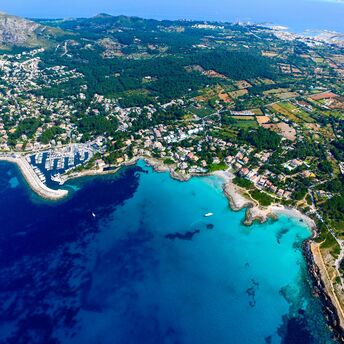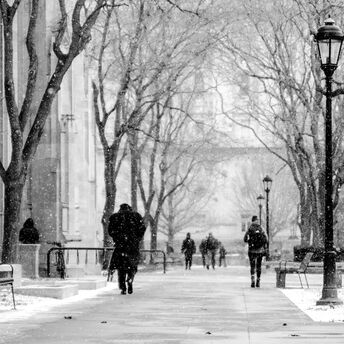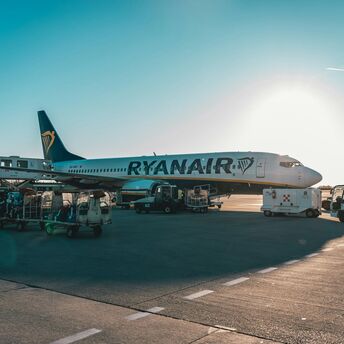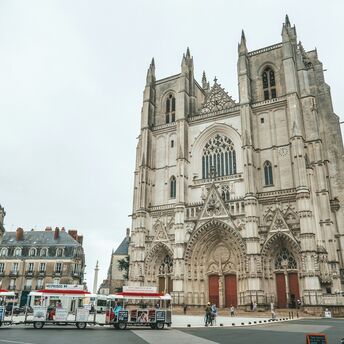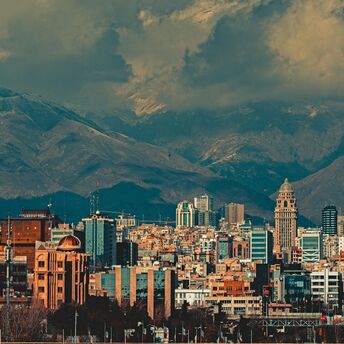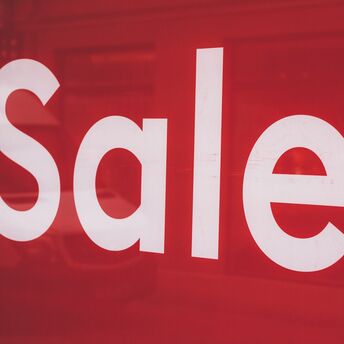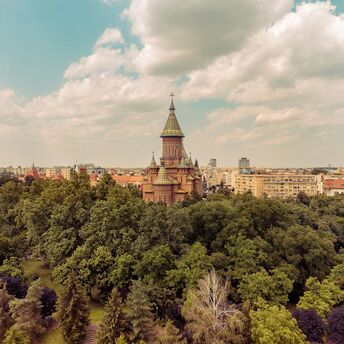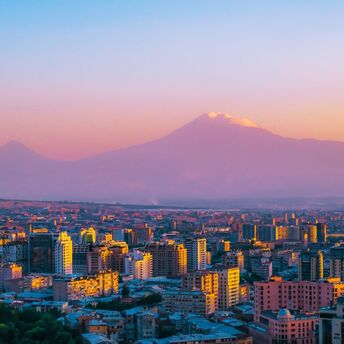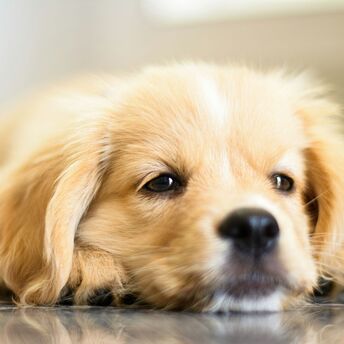Saudi Arabia to introduce new rules for importing alcohol for diplomats
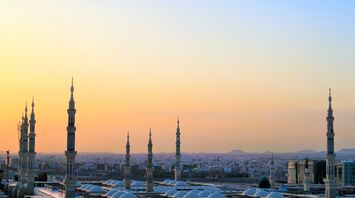
The Saudi government on Wednesday confirmed state media reports that it is introducing new restrictions on the import of alcohol as part of diplomatic cargo. The Kingdom's Center for International Communication (CIC) said that the new rules are being introduced to counter the illegal trade in alcoholic beverages and products arriving at diplomatic missions.
"This new process will continue to provide and ensure that all diplomats of non-Muslim embassies have access to these products within the defined quotas," the CIC said in a statement to Reuters. The statement also noted that the new system is in line with international diplomatic conventions, DAWN writes.
"The new process will focus on the allocation of specific quantities of alcoholic beverages upon entry into the Kingdom to end the previous unregulated process that led to the uncontrolled exchange of such goods in the Kingdom," the CIC added.
The statement noted that little will change for the vast majority of Saudi Arabia's 32 million people, who have few opportunities to consume alcohol unless they wish to travel abroad.
Plans to open first liquor store for diplomats
Meanwhile, a source familiar with the plans and documents told Reuters that Saudi Arabia is preparing to open its first liquor store in the capital Riyadh, which will cater exclusively to non-Muslim diplomats.
Customers will have to register via a mobile app, receive an access code from the Ministry of Foreign Affairs and adhere to monthly quotas when making purchases, according to the document obtained by Reuters.
The document adds that the new store is located in Riyadh's Diplomatic Quarter, an area where embassies and diplomats live.
Prohibition in Saudi Arabia
The ban has been in place since 1952, shortly after one of King Abdulaziz's sons got drunk and shot a British diplomat in a rage.
Under Saudi law, penalties for drinking or possessing alcohol can include fines, imprisonment, public flogging, and deportation for foreigners.
For many years, there have been rumors that alcohol would become available in the Gulf kingdom amid a wave of social reforms introduced under Crown Prince Mohammed bin Salman's Vision 2030 reform program, including the opening of cinemas and music festivals for both sexes.
Saudi Arabia, which has been relatively closed for decades, has relaxed strict social codes in recent years, such as segregating men and women in public places and requiring women to wear burqas.
Prince Salman's rise to power has been accompanied by changes that have included opening the country to non-religious tourism, concerts, and allowing women to drive, as well as cracking down on dissent and political rivals.
"Vision 2030" also envisions the development of local industry and logistics centers and aims to create hundreds of thousands of jobs for Saudi citizens.
Last year, Saudi Arabia was awarded the right to host Expo 2030 and the 2034 FIFA World Cup, further fueling speculation that the ban on alcohol sales could be lifted or at least eased through exemptions in places like NEOM, a futuristic $500 billion metropolis.
However, given that alcohol is forbidden in Islam, the issue remains very sensitive in the country.


